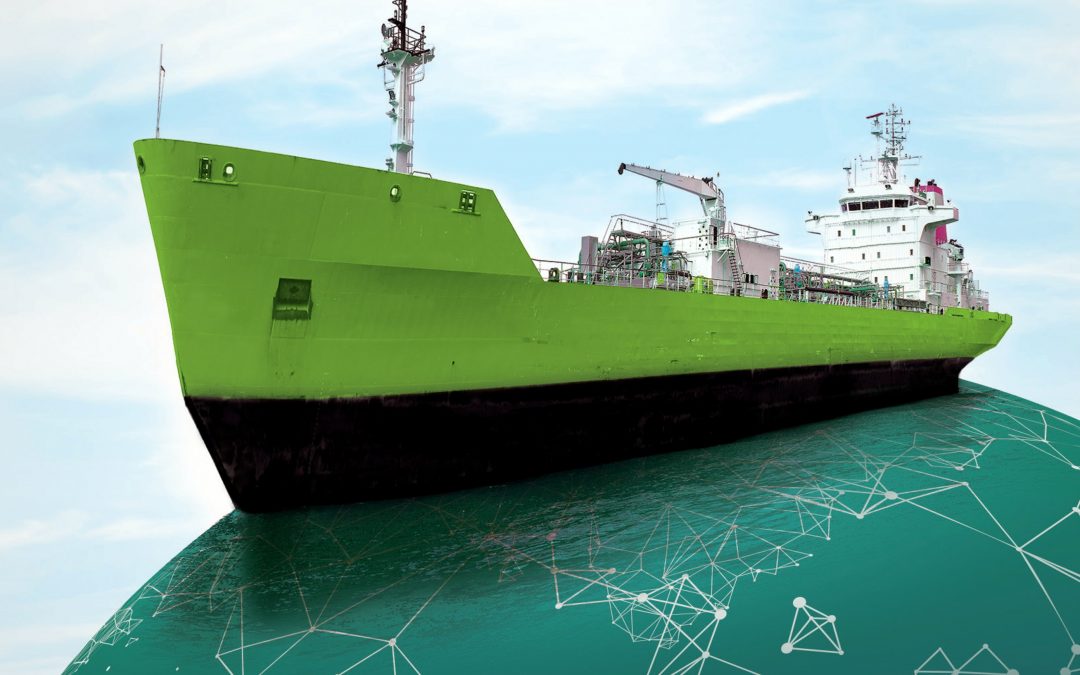New ship orders are plummeting around the world. Korean shipbuilders with their saturated shipyard docks have been unable to keep up with reduced demand and have faltered on taking new orders. Instead, reflective benefits went to Chinese shipbuilders.
Clarkson Research, a U.K.-based shipbuilding and shipping market analyst, reported on May 9 that global ship orders for 1.85 million standard gross tons (CGT) (80 ships) in April represented a drop of 62 percent from 4.86 million CGT (153 ships) in the same month of 2022. April 2023 alone became the month with the lowest order intake in three years since 1.91 million CGT in April 2020. It was down 44 percent from 3.33 million CGT (117 ships) the previous month. Global orders have shrunk since the start of this year but posted a surprising increase in March and returned to a drop within one month.
Korea accounted for 380,000 CGT (13 ships) of the new shipbuilding orders in April, a 20 percent share. Its share of new orders dropped by nine percentage points in a month, from 29 percent, while China’s share jumped from 50 percent to 76 percent in the same period. China’s order intake reached 1.41 million CGT (62 ships) in April. With 60,000 CGT (five ships and three percent), Japan, the third place holder, posted the same sharp drop in winning new orders as Korea.
Countries’ shares of the world’s order backlog remained unchanged for the third month. At the end of last month, the global order backlog stood at 111 million CGT. Korea accounted for 38.45 million CGT (35 percent) and China for 50.08 million CGT (45 percent).
The decline in new orders for Korea is attributable to a slowdown in orders after two years of explosive growth. This phenomenon is called a “reverse base effect.” A record number of new orders (54.29 million CGT) were placed in 2021 and the year 2022 saw another large number of orders of 45.53 million CGT. This is partly due to Korean shipyards being too crowded. Korean shipbuilders have been selectively receiving orders for eco-friendly, high-value-added vessels such as liquefied natural gas (LNG) carriers. But they are overwhelmed with significant backlogs. This situation makes them unable to keep up with new demand.
Source: Hellenic Shipping News





